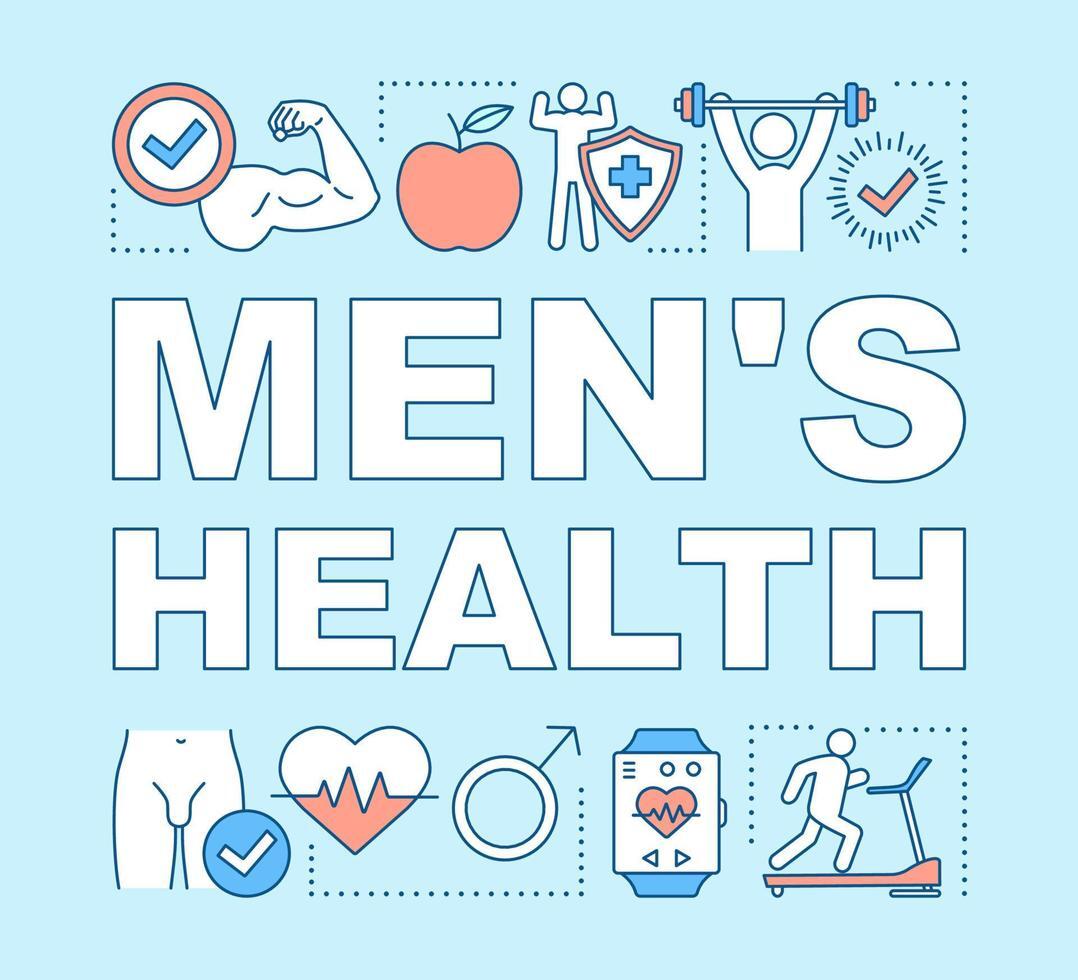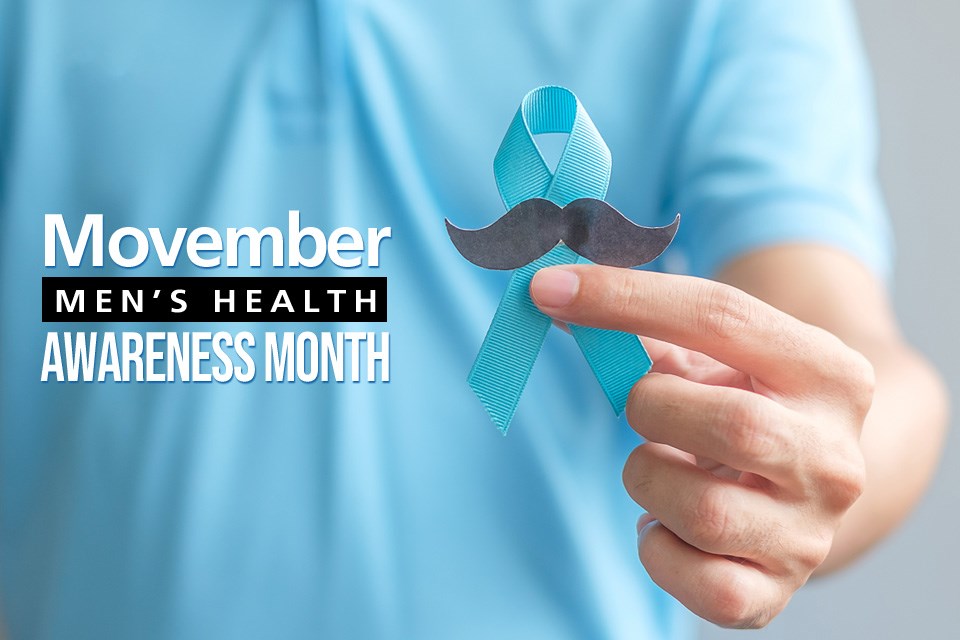Men’s health is about more than just physical fitness—it includes mental, emotional, and preventive care to ensure a longer, healthier life. By understanding the unique health challenges men face and adopting proactive habits, men can improve their overall well-being at every stage of life.
1. Understanding Men’s Health
Men have specific health concerns that often differ from women’s. These include:
- Heart health: Men are at higher risk of heart disease at a younger age.
- Prostate health: Prostate issues, including enlargement and cancer, are common in middle-aged and older men.
- Testosterone levels: Low testosterone can affect energy, mood, and muscle mass.
- Mental health: Anxiety, depression, and stress can often be overlooked in men.
- Lifestyle-related risks: Smoking, alcohol, and poor diet can lead to chronic diseases.
2. Regular Screenings and Check-Ups
Preventive healthcare is crucial for men. Recommended screenings include:
- Blood pressure and cholesterol checks – prevent heart disease.
- Prostate exams (PSA test) – especially after age 50.
- Blood sugar tests – detect diabetes early.
- Colorectal screening – usually starting at age 45–50.
- Testicular self-exams – important for younger men to detect abnormalities.
3. Nutrition for Men
A balanced diet supports energy, heart health, and hormonal balance:
- Protein: Builds and maintains muscle mass.
- Healthy fats: Supports heart and brain health.
- Fruits and vegetables: Provide essential vitamins, minerals, and antioxidants.
- Whole grains: Improve digestion and maintain steady energy levels.
- Limit processed foods and sugar to reduce risks of obesity and chronic disease.
4. Exercise and Physical Fitness
Regular physical activity helps maintain a healthy weight, prevent disease, and improve mental health:
- Cardio workouts: Support heart and lung health.
- Strength training: Preserves muscle mass and bone density.
- Flexibility exercises: Yoga or stretching prevents injuries and improves mobility.
- Consistency: Aim for at least 30 minutes a day, 5 days a week.
5. Mental and Emotional Well-Being
Men often neglect mental health, but emotional wellness is critical:
- Practice stress management techniques like meditation or deep breathing.
- Talk to a mental health professional if needed.
- Maintain strong social connections with family and friends.
- Prioritize sleep and work-life balance.
6. Sexual and Reproductive Health
Awareness of reproductive health is vital for men of all ages:
- Monitor changes in sexual function or libido.
- Seek regular check-ups for STIs and fertility concerns.
- Discuss contraception and family planning if relevant.
- Address erectile dysfunction or hormonal imbalances with a healthcare provider.
7. Lifestyle Choices That Support Health
- Avoid smoking and limit alcohol intake.
- Maintain a healthy weight and diet.
- Stay hydrated.
- Limit stress and practice self-care.
- Schedule regular check-ups with a healthcare provider.
Conclusion
Men’s health is holistic and requires attention to both physical and mental well-being. By prioritizing preventive care, adopting a balanced diet, staying active, and managing stress, men can live longer, healthier lives. Empower yourself with knowledge, stay proactive, and make wellness a daily priority.






Comments (0)
You must be logged in to leave a comment. Login here
No comments yet
Be the first to share your thoughts!